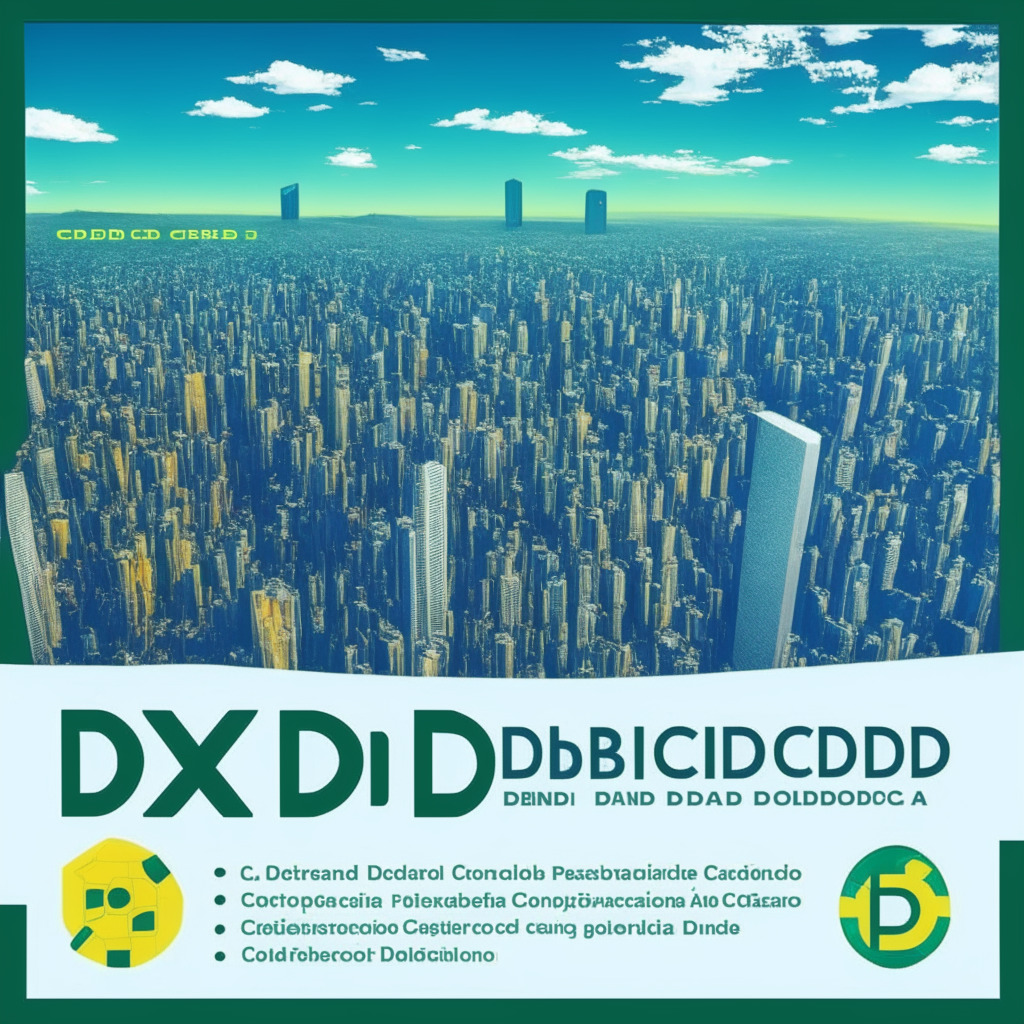The Central Bank of Brazil is gearing up for the launch of its central bank digital currency (CBDC) pilot project, in which notable global companies like Visa and Microsoft will participate alongside national banking institutions. The digital real platform is set to begin incorporating participants in mid-June 2023, as Brazil remains an attractive site for global crypto companies.
The country is the largest in Latin America, with a 214 million-strong population and a growing interest in cryptocurrency. Recently, Binance and Mastercard partnered to launch a prepaid crypto card in Brazil, and Coinbase began collaborating with local payment providers to facilitate crypto purchases and withdrawals in the local currency. In May 2023, Latam Gateway, Binance’s payment provider in Brazil, received a license from the Central Bank.
The Brazilian CBDC pilot, officially announced in 2022, aims to test the digital real’s privacy and programmability functionalities through a delivery versus payment (DvP) protocol for federal public security. Similar to Bitcoin, the digital real will be pegged against the national fiat payment system and have a fixed supply with a set amount of tokens minted.
However, despite the growing interest in digital currencies and the launch of the pilot project, some concerns remain. For example, questions about the scalability and security of the digital real persist. It is still uncertain how the Brazilian government will address potential challenges that come with the adoption of a CBDC, such as financial privacy concerns and the ability to handle large transaction volumes.
Moreover, the involvement of global tech and financial giants like Microsoft and Visa could lead to potential monopolies within the digital real ecosystem. Influential companies with vested interests may impact the democratic nature of the CBDC and its
Source: Cointelegraph




